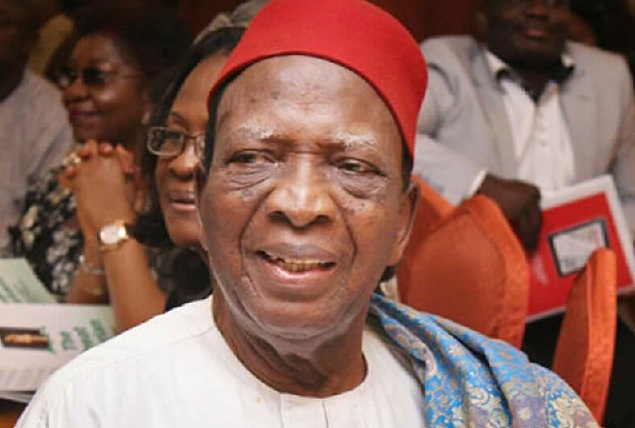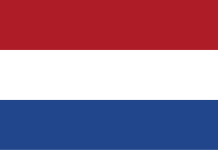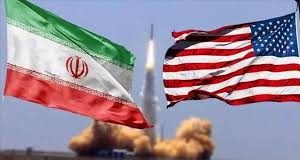- Call for unbanning of IPOB
Notable Igbo elders led by renowned constitutional lawyer, Professor Ben Nwabueze, on Saturday in Enugu declared that Ndigbo were more interested in the country’s restructuring than getting the presidency in 2023. The elders made up of mainly of Igbo statesmen and intellectuals, who spoke under the umbrella of Igbo Leaders of Thought (ILT), said the people of the area wanted the restructuring of the country before the 2019 elections.
They also demanded the removal of the ban on the Indigenous People of Biafra (IPOB), a group seeking autonomy for the Igbo South-east. The federal government proscribed IPOB last year and declared it a terrorist organisation, in a controversial designation that was widely condemned as draconian and lopsided.
The elders spoke against the backdrop of a promise by President Muhammadu Buhari to support the emergence of a president of Igbo extraction in 2023 if Igbos voted for him in the 2019 presidential election. The president made the offer through the Secretary to the Government of the Federation, Boss Mustafa, who represented him at a rally of the ruling All Progressives Congress (APC) in Owerri, recently.
But addressing journalists after a two-day meeting in Enugu, Deputy National President of ILT, Professor Chinweite Ejike, said Igbos were more concerned about the restructuring of Nigeria to enthrone good governance, independent development, and healthy competition among the country’s federating units. He maintained that the rancour over leadership would be subdued when an effective system was put in place, adding that allocating power to any section of the country would amount to nothing with the present constitution in place.
Ejike stated, “What is the need asking for power in a disintegrated and disunited country being foisted on us by the day with the present system? What we are asking for and interested in is the restructuring of the country to usher in true federalism. With that, there will be less tension over leadership and people will no longer be bothered about where the leader is coming from or who the leader is. The way the country is structured, it is bound to continue to witness more frictions if it is not restructured. We need to restructure to attend true federalism and a good governance system based on rule of law.”
The ILT deputy leader said the group was worried by the current events in the country, adding that the meeting undertook a serious review of the security situation, especially the frequent killings in parts of the country and herdsmen/farmers clashes over control of land and resources.
He noted that the meeting observed that enough was not being done by the federal government to stop the killings, stressing that there is need to scale up intelligence gathering to check further waste of lives and resources.
“The killings in the country have assumed a genocidal dimension and unless the issue of proper protection is being addressed, the country is as good as assumed to be a failed state,” he said.
The meeting noted that addressing corruption, which the federal government professes as its cardinal objective, might have been abandoned with the scale of lopsided appointments and distribution of amenities in the country. It explained that some sections of the country, especially the Igbo, had been seriously marginalised.
The group noted with dismay the use of public funds, not budgeted or appropriated, by certain government agencies and officials, stressing that it is tantamount to political corruption.
The elders viewed with great dismay and apprehension what they described as the use of state power in pursuit of special personal interest.
Explaining that the development was no longer acceptable, they called on government at all levels to obey court orders and abide by rules and regulations guiding the country to prevent anarchy.
The Igbo elders reviewed the proscription of IPOB by the federal government and urged that the group be unbanned, as, according to them, “We do not see anything that is wrong with one agitating for freedom in his own country.”
The group also asked the federal government to begin to address the dire economic situation that has placed the country among the poorest in world. It stated that government should reinvent a productive economy through animal husbandry, among other agricultural practices, to boost citizens’ income and ensure survival of the country.
The ILT deputy president said they were advocating a new political and legal order that will rid the country of the decay that pervaded it and enable it to chart a roadmap for its destiny.
Ejike said ILT was determined to pursue the interest of Ndigbo in Nigeria as well as uphold human rights, free assembly, and freedom of association, warning that no government has the right to abrogate freedom of association and legitimate protest.













